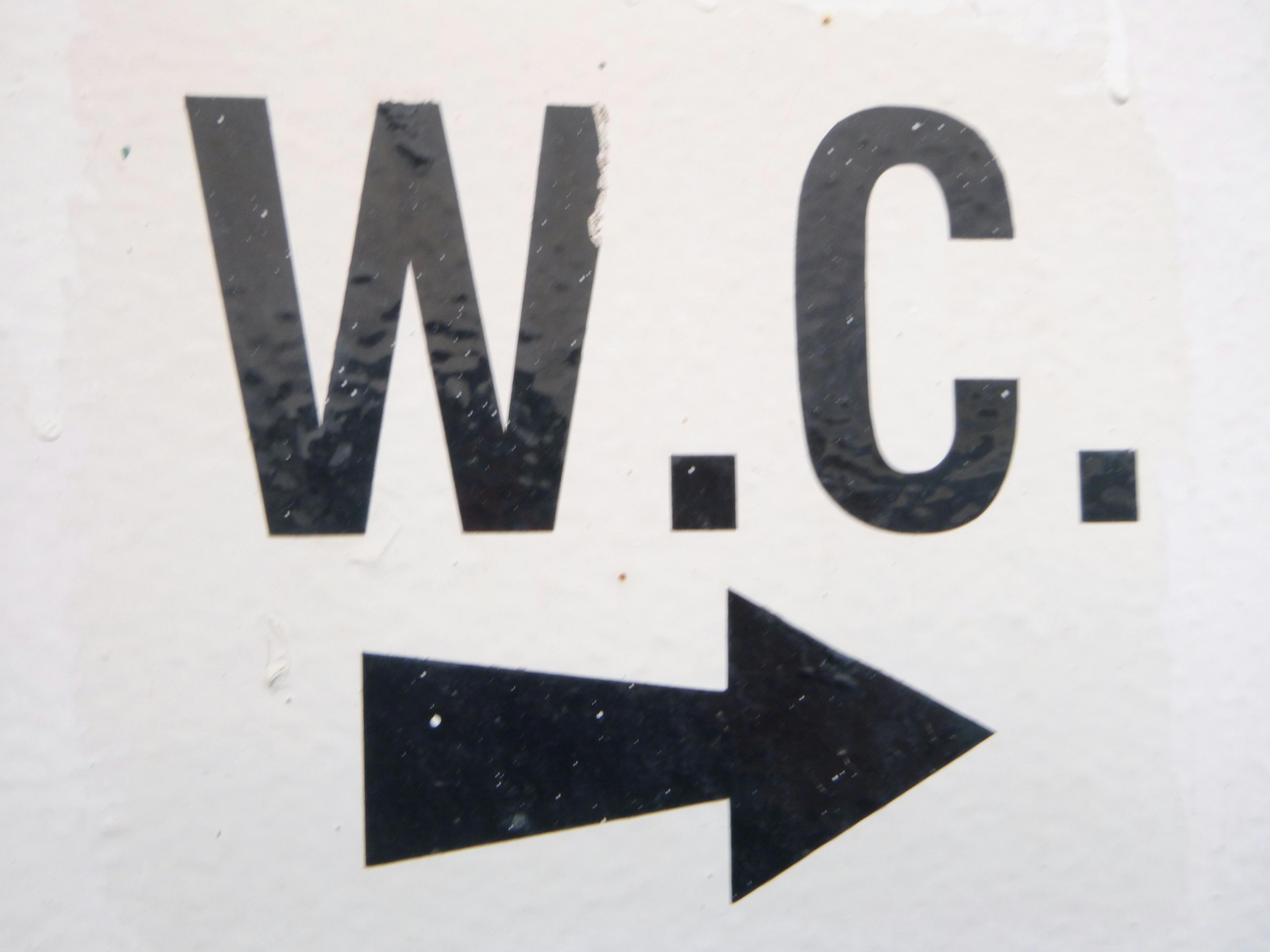
Governance Models in Decentralized Organizations: A Comprehensive Analysis of Blockchain Governance Frameworks
Governance Models in Decentralized Organizations: Navigating the Complex Landscape of Blockchain Governance
Understanding Decentralized Governance Frameworks
The emergence of decentralized organizations has fundamentally transformed traditional governance paradigms, introducing sophisticated models that challenge conventional organizational structures. Blockchain technology has enabled novel approaches to collective decision-making, creating transparent and algorithmically-managed governance mechanisms that transcend geographical and institutional boundaries.
Comparative Governance Models in Blockchain Ecosystems
Token-Based Voting Mechanisms
Token-based governance represents a revolutionary approach to organizational decision-making. In these models, voting power is directly proportional to token holdings, creating a meritocratic system where stakeholders' influence correlates with their economic investment. Protocols like Compound, Uniswap, and MakerDAO have pioneered these sophisticated governance frameworks, establishing robust precedents for decentralized organizational management.
Multi-Signature Governance Structures
Multi-signature governance models introduce enhanced security and distributed control mechanisms. By requiring multiple authorized participants to validate and execute critical decisions, these frameworks mitigate centralization risks and enhance organizational resilience. Jurisdictions like Switzerland and Liechtenstein have developed progressive regulatory environments that accommodate these innovative governance approaches.
Emerging Legal Frameworks for Decentralized Organizations
International Regulatory Landscape
| Jurisdiction | Regulatory Approach | Key Characteristics |
|---|---|---|
| United States | Evolving Framework | SEC Oversight, Increasing Scrutiny |
| British Virgin Islands | Crypto-Friendly | Flexible Corporate Structures |
| Cayman Islands | Regulatory Sandbox | Innovative Governance Accommodations |
| Switzerland | Progressive Regulation | Clear Blockchain Legal Framework |
Technological Innovations in Governance
Advanced blockchain governance models are increasingly incorporating artificial intelligence and machine learning algorithms to enhance decision-making processes. These technological innovations enable more sophisticated voting mechanisms, predictive analytics, and transparent organizational management.
Quadratic Voting Mechanisms
Quadratic voting introduces nuanced approaches to collective decision-making, allowing participants to express preference intensity beyond simple binary choices. This mechanism provides more granular representation of stakeholder perspectives, creating more sophisticated democratic processes within decentralized organizations.
Economic and Governance Metrics
Recent market data highlights the growing complexity of decentralized governance models. Total value locked (TVL) in governance-focused protocols has exceeded $15 billion in 2023, demonstrating substantial institutional and individual interest in these innovative organizational structures.
Future Implications and Technological Trajectory
The ongoing evolution of decentralized governance models suggests a profound transformation in organizational management. Emerging technologies will continue to refine these frameworks, creating more transparent, efficient, and democratically representative decision-making mechanisms.
RWA.codes: Enabling Advanced Governance Solutions
At RWA.codes, we specialize in developing sophisticated governance infrastructure for decentralized organizations. Our expertise encompasses legal compliance, technological implementation, and strategic advisory services tailored to the unique requirements of blockchain-based governance frameworks.
Technical Expertise
- Comprehensive governance framework design
- Smart contract development
- Regulatory compliance strategies
- Advanced tokenization solutions